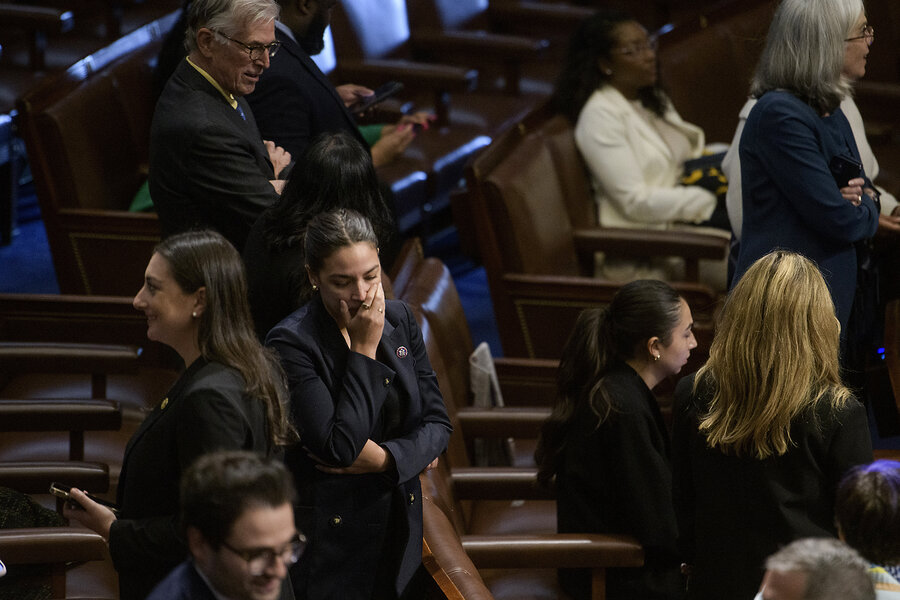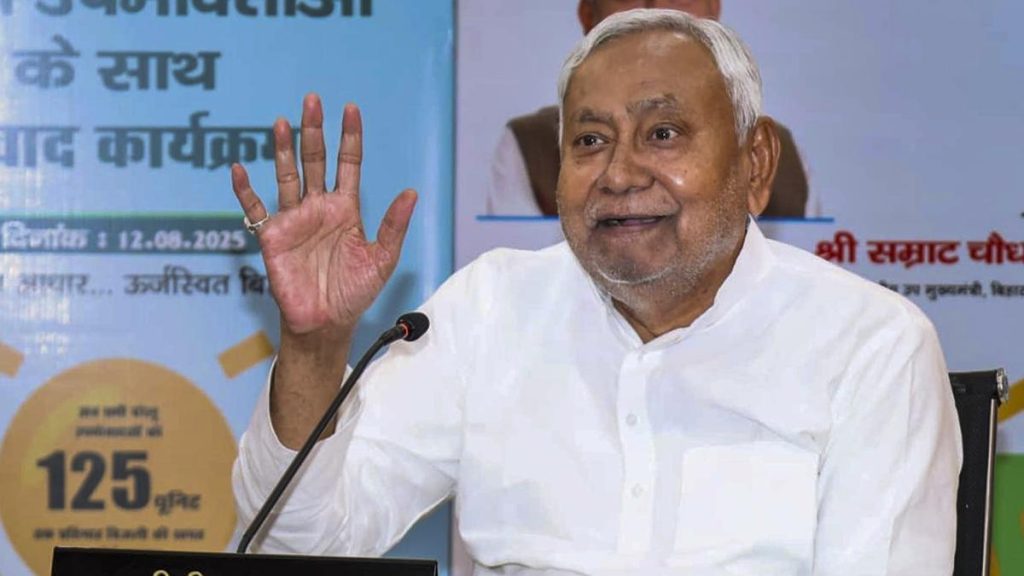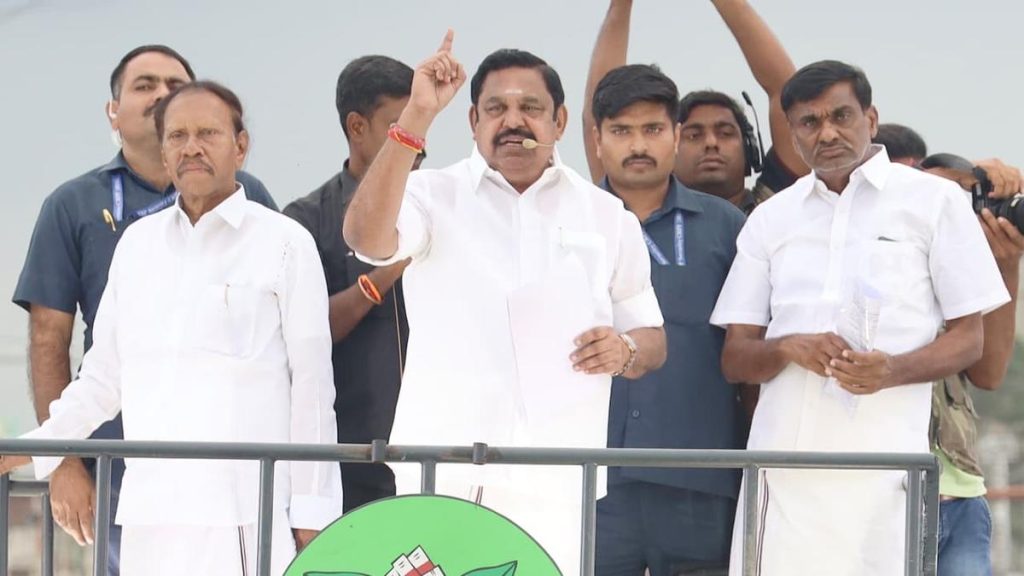Now Reading: Trump’s Approval Dips, But Democrats Struggle More-Here’s Why
-
01
Trump’s Approval Dips, But Democrats Struggle More-Here’s Why
Trump’s Approval Dips, But Democrats Struggle More-Here’s Why

Rapid Summary
- Democrats face historically low approval ratings, with key polls showing unfavorable levels between 26 and 30 percentage points underwater. Gallup recorded their lowest-ever rating of 34%.
- One major factor is dissatisfaction among Democratic voters themselves, who feel the party isn’t pushing back effectively against Donald Trump’s governance and agenda.
- Younger Democrats are challenging long-term incumbents ahead of the 2026 midterms in search of fresh leadership and ideas to address issues like affordable housing and immigration.
- Despite internal frustration, democratic voters remain motivated to vote with stronger turnout intent (74% “extremely motivated” per CNN) compared to Republicans (54%). Polls show a slight edge for Democrats on congressional ballot preference.
- Analysts believe democrat strategy must evolve with new tools like social media or podcasts akin to Republican innovation in messaging while addressing both leftist base demands and appealing to moderates.
Indian Opinion Analysis
The Democratic Party’s challenges present an crucial reflection on political dynamics that resonate even beyond US borders, including India’s own context as a multiparty democracy facing ideological divisions.Effective interaction strategies coudl be pivotal for parties grappling with ideological shifts within their base while also trying to court swing voters-a theme that mirrors efforts by Indian political parties reaching out across urban-rural lines or diverse state demographics during elections.
Furthermore, the young challengers aiming for grassroots change remind us of youth activism across political landscapes worldwide demanding accountability from entrenched institutions. For India, which frequently debates generational divides in decision-making power within its own parliament or assemblies, this reflects universal questions about portrayal effectiveness amid evolving voter concerns.
Lastly, high voter motivation despite dissatisfaction could indicate strong anti-incumbency sentiments shaping opposition-led narratives-similar trends often emerge in indian politics where electorate participation spikes when one side dominates too heavily over time.As global democracies continue evolving ideologically and structurally amidst technological shifts in campaigning styles-these insights merit close observation not just for shared strategies but underlying public appetite for reform-driven narratives.Read more: the christian Science Monitor

























